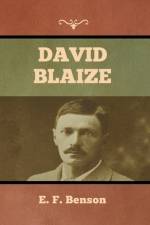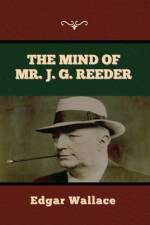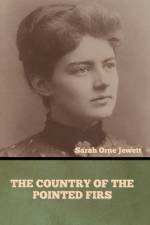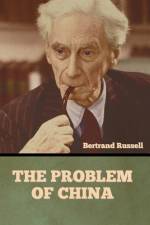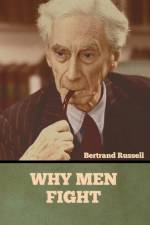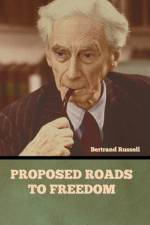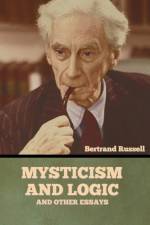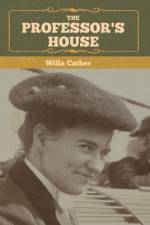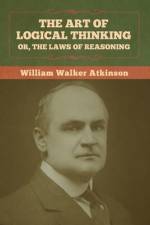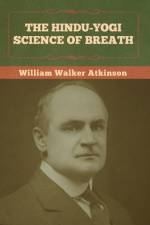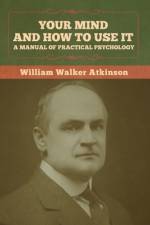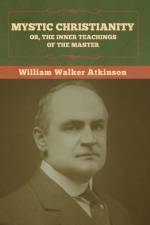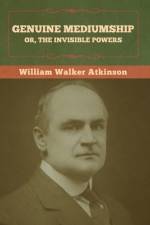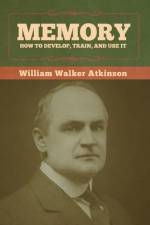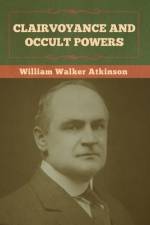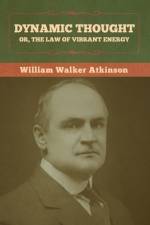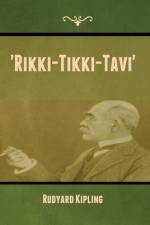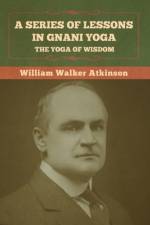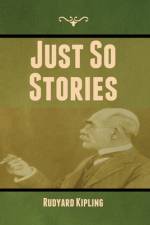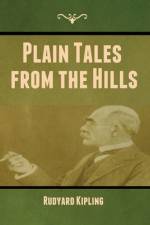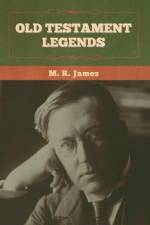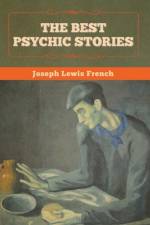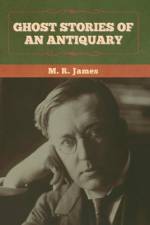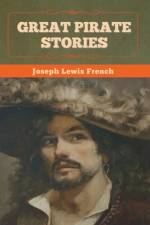av E. F. Benson
405,-
E.F. Benson, in full Edward Frederic Benson, (born July 24, 1867, Wellington College, Berkshire, Eng.-died Feb. 29, 1940, London), writer of fiction, reminiscences, and biographies, of which the best remembered are his arch, satirical novels and his urbane autobiographical studies of Edwardian and Georgian society. The son of E.W. Benson, an archbishop of Canterbury (1883-96), the young Benson was educated at Marlborough School and at King's College, Cambridge. After graduation he worked from 1892 to 1895 in Athens for the British School of Archaeology and later in Egypt for the Society for the Promotion of Hellenic Studies. In 1893 he published Dodo, a novel that attracted wide attention. It was followed by a number of other successful novels-such as Mrs. Ames (1912), Queen Lucia (1920), Miss Mapp (1922), and Lucia in London (1927)-and books on a wide range of subjects, totaling nearly 100. Among them were biographies of Queen Victoria, William Gladstone, and William II of Germany. In 1938 he was made an honorary fellow of Magdalene College, Cambridge. Benson's reminiscences include As We Were (1930), As We Are (1932), and Final Edition (1940). (britannica.com)

